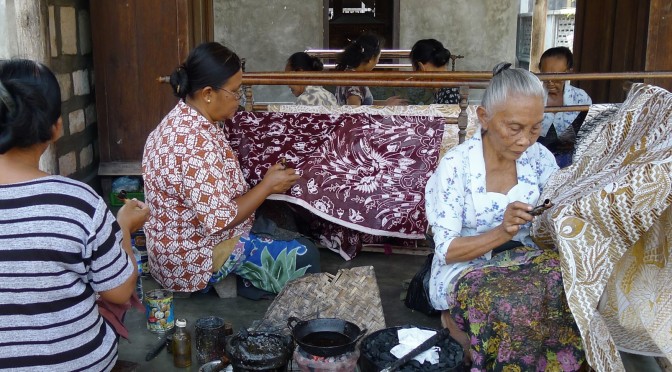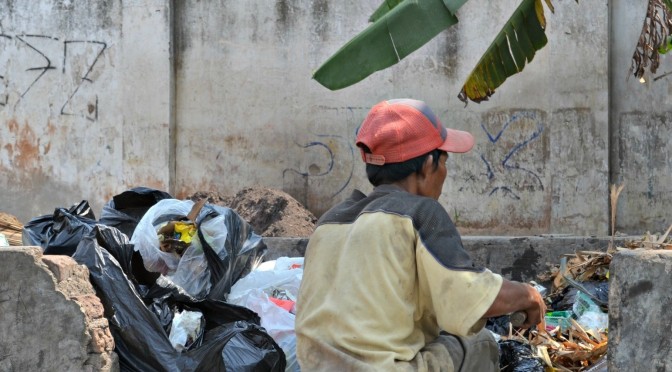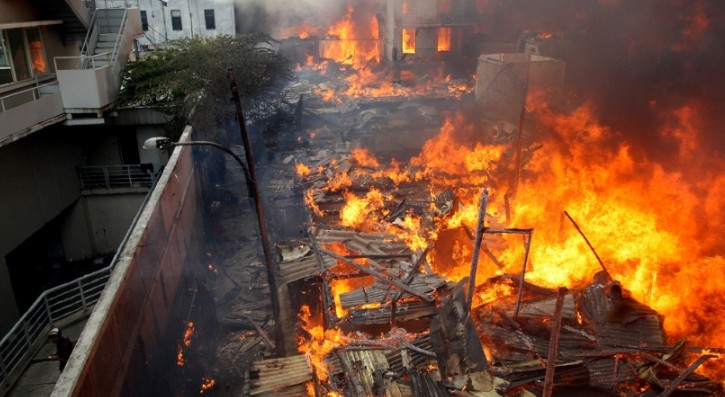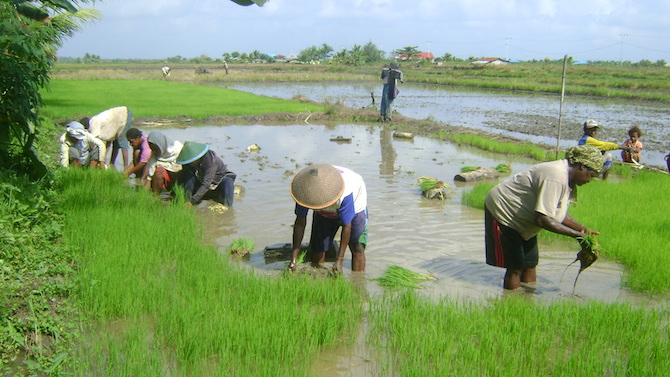The Generational Cycle of Poverty
For many Indonesians poverty is an endless cycle. One of the devastating elements of poverty is that it is cyclical, and that many families endure cycle after cycle of financial shortfall. Those shortfalls have a lasting impact on families. When children get sick, families will do whatever they have to in order to get their loved ones to recover and become well. If a family doesn’t have cash reserves, they make financial decisions that often take years to recover from. For those in jobs where there are minimal wages, the ability to recover is impossible.
The value of no-interest loans in the above equation is a very powerful thing. Firstly, it goes to directly help those people in financial mire, the very people who have no reserves, no back-ups, and no collateral to convince a traditional money lender to give them a loan. Secondly, micro lenders (such as Bamboo Micro Credit) offer their loans on an interest-free basis, making sure that the successful repayment of the loan is made without the vacuum-like effect of traditional loans where the interest accumulates in such a way that the financial struggle can be simply too hard a task for many people. Thirdly, a Bamboo loan has flexibility built into the life of the repayment. That means that in times of hardship, (especially when a family member becomes sick or weakened), the loan does not fall into a spiral of debt.
The power of these micro-loans is remarkable. The Indonesian person repaying usually succeeds in paying back all the money1. That has the flow-on effect of re-establishing a financial foundation for each person, along with their family and community of friends and colleagues. Small businesses are delicate at the best of times. An interest free micro loan gives stability in times of crisis, and it offers elasticity in times where finances and resources are already stretched to their limits.
The proof is in the results. The most fruitful ventures evolve where the flow-on effects of a micro-loan not only stabilise a living, they also give sufficient prosperity for Indonesians to safeguard their lives so that their children can be healthier, and experience the benefits of an education that their parents were unable to access.
The power of a micro-loan is amplified when the beneficiary not only profits in a small business enterprise, but he is also able to make provision for his family his children, and the next generation of his community. Climbing out of poverty is (for some) a brief experience, followed by years of obstruction where they fall back into poverty. More than 68 million Indonesians are at risk of falling back into poverty2. Climbing of poverty is a truly wonderful achievement for some. Using that achievement to break the generational cycle of poverty is where the power of micro lending shows up as the single most effective non-government treatment for the reduction of poverty.
- More than 95% of loans taken out through Bamboo Micro Credit are repaid in full.
- According to the World Bank 68 million Indonesians are at risk of falling into poverty in 2015 and 2016.
Bamboo Micro Credit … it’s not a handout, it’s a hand up.
About the Author
Insert photo here
David Cook is an Indonesianist, a technologist and an academic interested in poverty, social justice, CSR and Human Computer Interaction. He is a Director of Bamboo Micro Credit.











